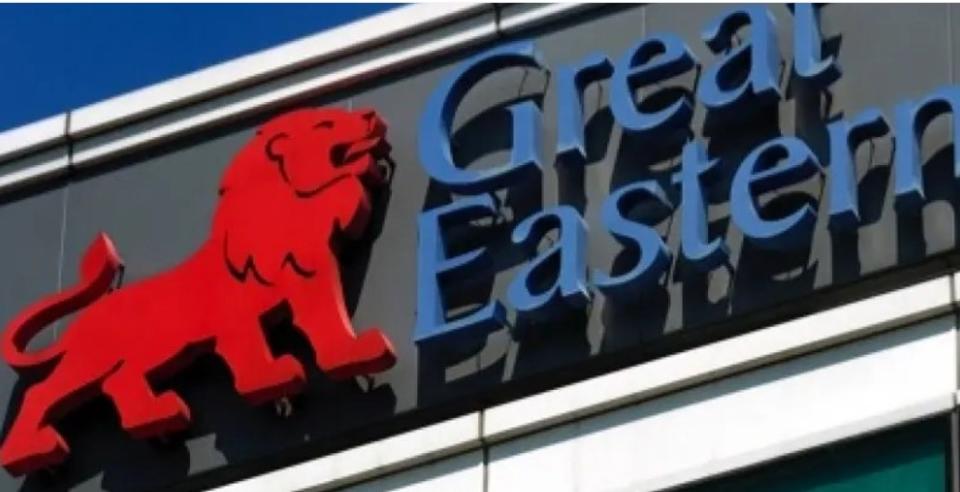Great Eastern's potential

GEH's potential could be significant if it has liquidity, trading at higher levels, attracting other insurers to list here
It is well known that Great Eastern Holdings G07 has an excess of risk-based capital (the equivalent of banks’ capital adequacy ratios). And it is clear from its share price that it is trading at a steep discount to its embedded value, which comprises a combination of shareholders funds and the value of the in-force business. The latter is calculated using a form of discounted cash flow (DCF).
According to Ronnie Tan, GEH’s CFO, discount rates in both Malaysia and SIngapore were raised by 25 bps each. This, coupled with assumptions of higher medical claims in 2023 versus previous years impacting cash flow assumptions, caused the value of the in-force business to dip by 4.2% y-o-y in FY2023.
Against this background, embedded value fell by 3.2% y-o-y in FY2023 to $17.3 billion, or $36.59 per share. Shareholders funds dipped marginally to $6.74 billion. However, total equity rose by 10% y-o-y, translating in net asset value of $16.66 per share.
Despite trading at one-year lows, AIA’s share price is still above its Dec 31, 2022 embedded value of US$57.38 per share. Why is AIA trading closer to its embedded value, at a premium, compared to GEH’s sharp discount?
Ong Chin Woo, a shareholder of GEH who has sent a letter to GEH’s board requesting that three resolutions be tabled at its AGM, believes it is because of the lack of liquidity. Oversea-Chinese Banking Corp holds 88% of GEH.
The three resolutions tabled by Ong are: To withhold 30% of Board of Directors’ fees until GEH’s share price recovers to 0.8 times of its Embedded Value; to replace OCBC shares in the current Executive Share Option Schemes (OCBC Share Option Scheme, OCBC Deferred Share Plan and OCBC Employee Share Purchase Plan) with GEH shares; and to appoint an independent financial advisor to explore options to enhance GEH shareholders’ value.
Moreover, Ong calculates that GEH has an excess of around $1.45 billion in risk-based capital, or around $3 per share.
Enhancing GEH shareholders’ value could be pretty straightforward. In GEH’s FY2023 AGM, the minority shareholders suggested giving GEH shares as a dividend-in-specie to OCBC shareholders. This would immediately create liquidity. OCBC shareholders unhappy with GEH shares could sell them in the market.
And, unlike CapitaLand Ascott Trust Hmn, CDL Hospitality Trust and Keppel REIT, where an overhang was created via the distributions-in-specie, this is unlikely to be the case for GEH. There could even be a clamouring for a more liquid GEH from institutions, providing the insurer with the potential to get into indices such as the MSCI and Straits Times Index. OCBC’s shares would also be traded higher as the value of GEH shares rises as a result of just floating higher naturally.
GEH’s share price may have found a floor at current levels. But its minority shareholders, OCBC and the Singapore market would be better served with a more liquid GEH which in turn would encourage other insurers to list here. FWD has aspirations to list but in Hong Kong. Singapore's hub status could be enhanced if it is also an insurance hub. Would FWD view Singapore as an attractive listing venue?
See Also:
Click here to stay updated with the Latest Business & Investment News in Singapore
Great Eastern announces dividend payout of 46%, lower embedded value
This developer’s 8% gearing ratio and 0.34x P/NAV is attractive to its chairman
Get in-depth insights from our expert contributors, and dive into financial and economic trends

 Yahoo Finance
Yahoo Finance 